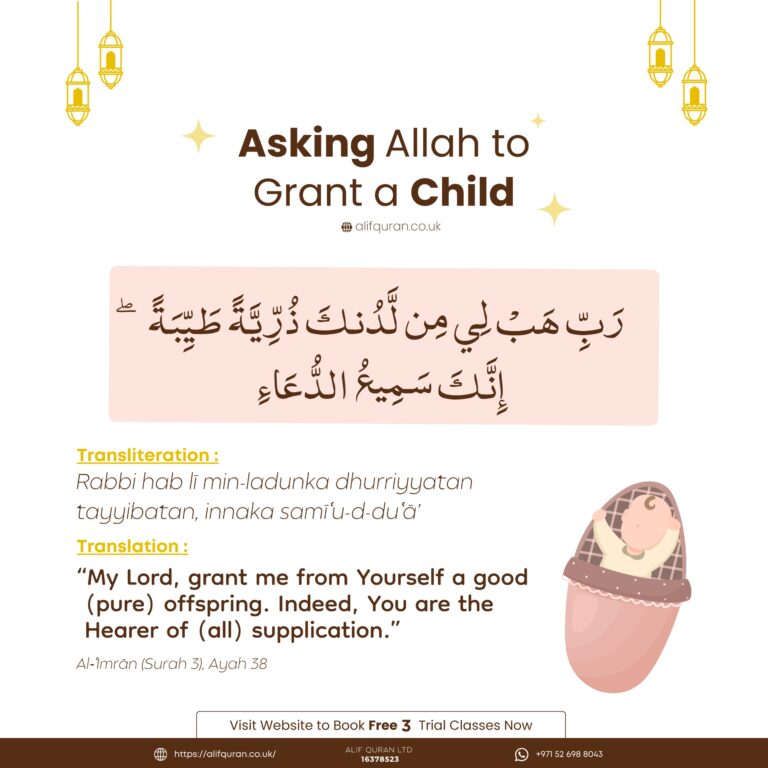DUA FOR PATIENCE

Transliteration: Rabana Afrigh Alaina Sabraon Wa sabit Aqdaamana Wan sur naa a lal qaom il kaafi reen.
Translation: Our Lord, pour upon us patience, and make our feet firm and grant us victory over the disbelieving people.
In the journey of life, challenges and hardships are inevitable. As believers, it is essential to find solace in the words of Allah and seek His guidance. One of the most profound ways to do this is through supplication (Dua). Among the many supplications taught in Islam, the Dua for Patience holds a special place. It is a powerful prayer that seeks Allah’s support in times of difficulty, instilling resilience and unwavering faith.
The Importance of Patience in Islam
Patience, or Sabr, is a virtue emphasized throughout the Quran and Hadith. It signifies steadfastness, resilience, and the ability to endure hardships with a firm belief in Allah’s wisdom. The Quran often highlights the rewards for those who remain patient, as stated in Surah Al-Baqarah (2:153):
“O you who have believed, seek help through patience and prayer. Indeed, Allah is with the patient.” (Quran 2:153)
The Dua for Patience
The Dua for Patience is an essential prayer for anyone facing trials and tribulations. The Arabic text of this supplication is as follows:
رَبَّنَا أَفْرِغْ عَلَيْنَا صَبْرًا وَثَبِّتْ أَقْدَامَنَا وَانصُرْنَا عَلَى الْقَوْمِ الْكَافِرِينَ
Translation: “Our Lord, pour upon us patience, and make our feet firm and grant us victory over the disbelieving people.” (Quran 2:250)
This verse beautifully encapsulates the need for divine assistance during testing times, asking Allah to bestow patience, stability, and triumph.
Significance of This Dua
The Dua for Patience was recited by Prophet Dawood (David) and his followers when they faced formidable challenges. This prayer reflects a deep sense of submission to Allah’s will while seeking His strength to overcome adversity.
Practical Application of the Dua for Patience
Believers are encouraged to recite this Dua in situations where patience is tested, whether in personal struggles, professional difficulties, or while enduring hardships. Reciting it with sincere faith can instill a sense of calm and reinforce the belief that Allah’s help is near.
Also get encouraged by Prophet Duas in Difficult Situations.
Benefits of Reciting the Dua for Patience
-
Strengthens faith and trust in Allah.
-
Helps maintain composure during stressful situations.
-
Encourages perseverance and endurance.
-
Brings inner peace and calmness.
-
Reminds believers of Allah’s continuous support.
How to Incorporate this Dua in Daily Life
-
Morning and Evening Routine: Start your day with this supplication to seek strength for the challenges ahead.
-
During Difficult Times: Whenever faced with hardship, recite this Dua with complete trust in Allah.
-
After Salah: Include it in your daily prayers to maintain a resilient spirit.
Conclusion
The Dua for Patience is more than just a prayer; it is a source of spiritual strength that guides Muslims through life’s trials. By sincerely reciting this supplication, believers affirm their faith and reliance on Allah’s wisdom. In moments of weakness, this Dua reminds us that perseverance, coupled with prayer, leads to divine assistance and ultimate success.
FAQ
What is the Dua for Patience, and when should it be recited?
The Dua for Patience is derived from the Quran, specifically Surah Al-Baqarah (2:250):
رَبَّنَا أَفْرِغْ عَلَيْنَا صَبْرًا وَثَبِّتْ أَقْدَامَنَا وَانصُرْنَا عَلَى الْقَوْمِ الْكَافِرِينَ
“Our Lord, pour upon us patience, and make our feet firm and grant us victory over the disbelieving people.”
This supplication is particularly beneficial during times of hardship, stress, or when facing challenges. Parents and teachers can recite it to seek strength and perseverance in their roles and responsibilities.
How can I teach my child to be patient using Islamic teachings?
Teaching children patience involves both instruction and example. You can introduce them to the concept of Sabr (patience) by sharing stories from the Quran and Hadith that highlight the virtues of patience. Encourage them to memorize and recite the Dua for Patience, explaining its meaning and significance. Additionally, model patient behavior in daily life, as children often learn through observation.
Are there specific Duas for parents to seek patience in parenting?
Yes, parents can recite various supplications to seek patience and guidance in raising their children. One such Dua is:
رَبِّ أَوْزِعْنِي أَنْ أَشْكُرَ نِعْمَتَكَ الَّتِي أَنْعَمْتَ عَلَيَّ وَعَلَىٰ وَالِدَيَّ وَأَنْ أَعْمَلَ صَالِحًا تَرْضَاهُ
“My Lord, enable me to be grateful for Your favor which You have bestowed upon me and upon my parents and to do righteousness of which You approve.” (Quran 46:15).
This supplication helps parents remain grateful and patient, seeking Allah’s assistance in fulfilling their duties.
Can teachers use the Dua for Patience in their profession?
Absolutely. Teaching can be a demanding profession, and educators may face various challenges. Reciting the Dua for Patience can help teachers maintain composure and resilience. Additionally, they can seek Allah’s guidance with the following supplication:
رَبِّ زِدْنِي عِلْمًا
“My Lord, increase me in knowledge.” (Quran 20:114)
This Dua emphasizes the importance of continual learning and patience in the educational journey.
How can I incorporate the Dua for Patience into daily routines with children?
Integrating the Dua for Patience into daily life can be both simple and effective. Consider the following approaches:
Morning Routine: Begin the day by reciting the Dua together, setting a tone of patience and mindfulness.
During Challenges: Encourage children to recite the Dua when they feel frustrated or upset, helping them associate the supplication with emotional regulation.
Bedtime Reflection: Use the Dua as part of nighttime prayers, reflecting on the day’s events and seeking strength for tomorrow.
By consistently incorporating the Dua into daily activities, children can internalize its message and develop a habit of seeking patience through supplication.









